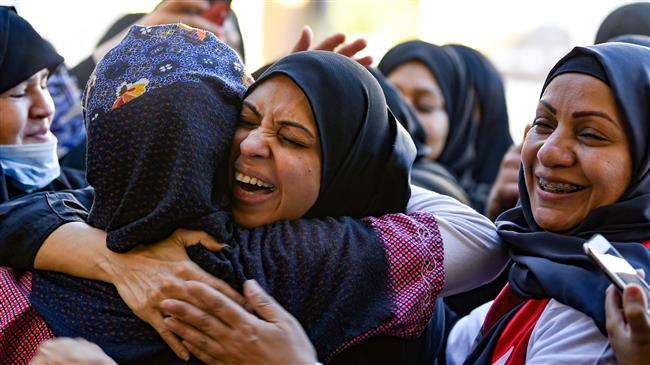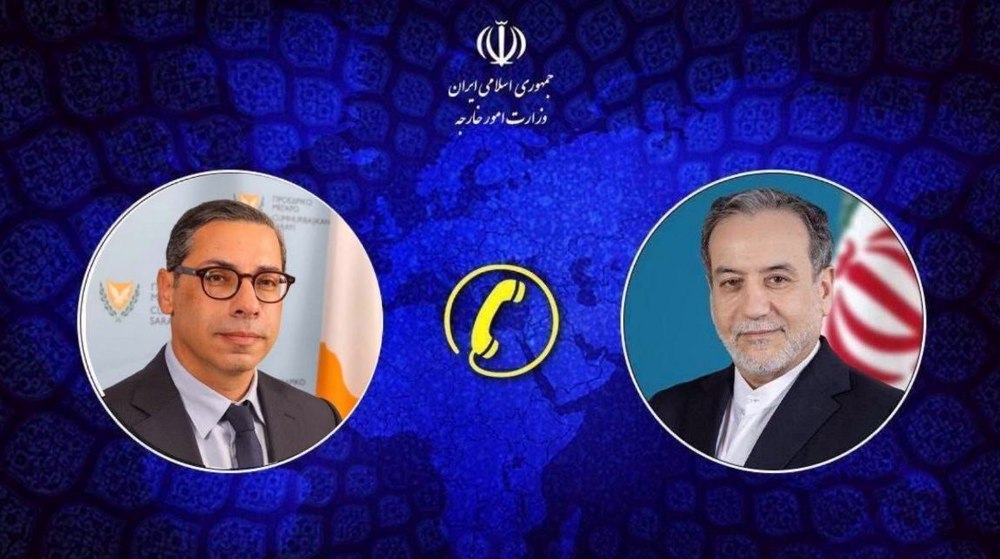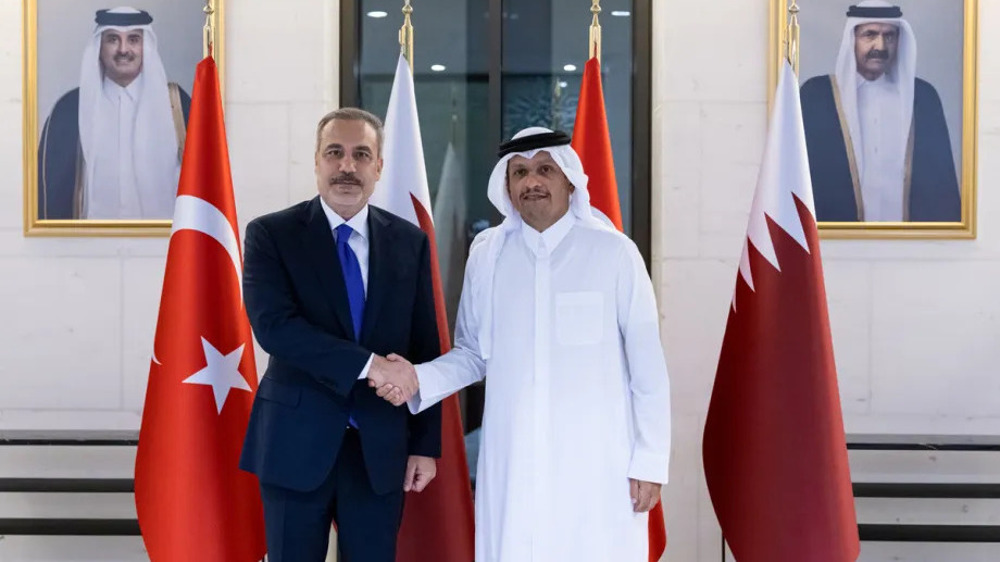Amnesty, HRW urge Bahrain to release political inmates amid COVID-19 pandemic
Twenty international rights groups, including the Amnesty International and the Human Rights Watch, have called on the Bahraini regime to release opposition leaders, political activists and journalists amid the coronavirus outbreak.
In a joint statement on Monday, the rights groups said all prisoners of conscience remain detained in Bahrain solely for peacefully exercising their right to freedom of expression, assembly, and association.
The statement said many of the prisoners of conscience currently jailed in Bahrain are old and/or suffer from underlying medical conditions.
“Such prisoners are at high risk of serious illness if they contract COVID-19, and thus ought to be prioritized for release,” it added.
Last month, Manama released 1,486 prisoners in the wake of the coronavirus outbreak, but the releases excluded opposition leaders, activists, journalists and human rights defenders.
Opposition leaders imprisoned for their roles in the 2011 protest movement remain behind bars. These include Hassan Mushaima, the head of the opposition group Al-Haq; Abdulwahab Hussain, an opposition leader; Abdulhadi Al Khawaja, a prominent human rights defender; and Dr Abdel-Jalil al-Singace, the spokesman for Al-Haq.
Other prominent opposition figures, including Sheikh Ali Salman, the secretary general of the Al-Wefaq National Islamic Society (Al-Wefaq), also remain imprisoned.
A few days ago, Bahrain's most prominent Shia cleric Ayatollah Sheikh Isa Qassim demanded the immediate and unconditional release of political dissidents currently being held in the Manama regime’s prisons in the wake of the novel coronavirus pandemic, stressing that failure to take the measure will have dire consequences.
“Even if the release of political prisoners and prisoners of conscience in Bahrain, whose number stands in thousands, might not be recognized as a religious, constitutional, national and human right and would have no priority among the policies of ruling authorities, there is inevitable truth that COVID-19 virus could hit prisons and lead to consequences much more catastrophic that what the world has been witnessing,” he said in a statement.
Manama has been engaged in a heavy-handed crackdown since a popular uprising began in the Kingdom back in 2011. It has detained thousands of activists since then.
Venezuelan military stands with acting president after US kidnapping of Maduro
VIDEO | Press TV's news headlines
VIDEO | Protesters in Toronto slam US kidnapping of Venezuelan president
Israeli troops detain, intimidate Palestinian toddler in West Bank
Iran says its investments in Venezuela face no major risk
Make ‘right decision’ or face more US pressure, Rubio tells Venezuela’s Rodriguez
VIDEO | General Soleimani honored in Kashmir, Kargil
US, Israel waging ‘soft warfare’ to destabilize Iran after June defeat: Top general












 This makes it easy to access the Press TV website
This makes it easy to access the Press TV website